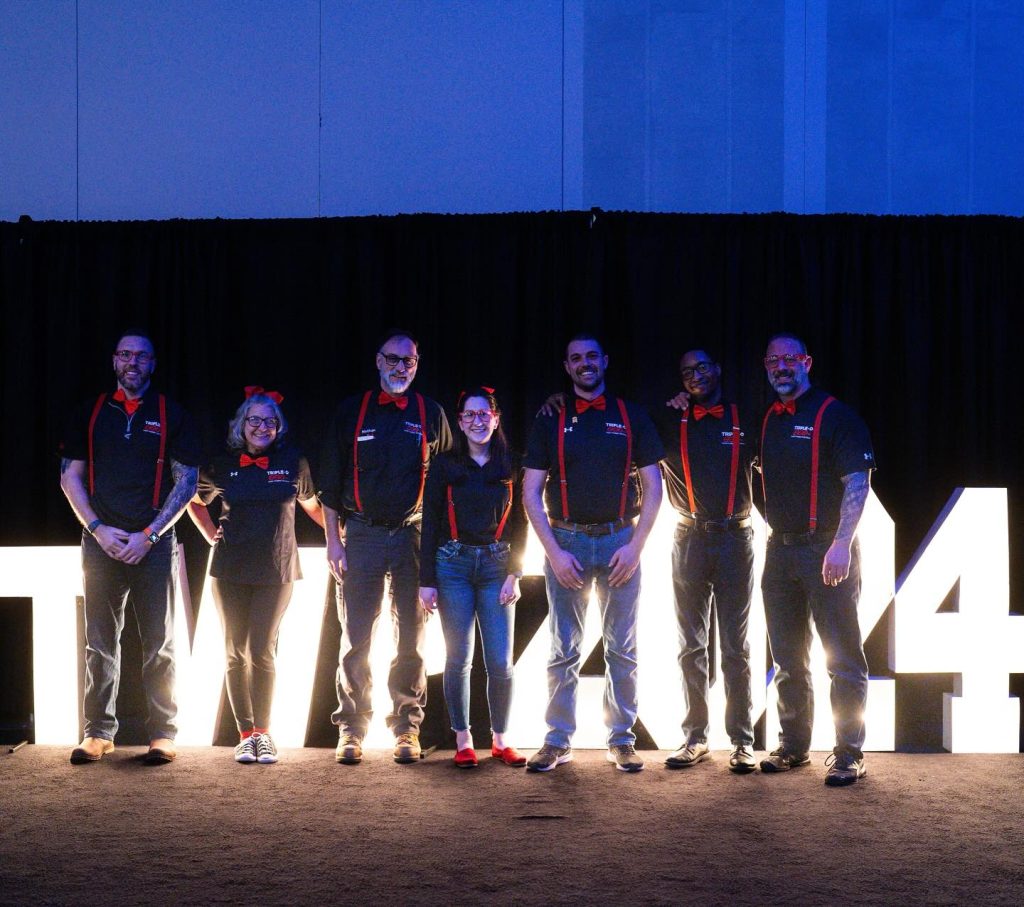A slab leak is a potentially serious plumbing issue when the water supply pipes beneath a building’s concrete foundation leak. These leaks can lead to water damage, structural issues, and even health hazards if left untreated. Understanding what causes slab leaks in Rochester, NY, and what steps to take if you experience one is crucial for homeowners and property managers.
What Is a Slab Leak?
A slab leak refers to any leak in the water supply lines that run beneath a building’s concrete slab foundation. These leaks can occur in both residential and commercial properties and can be caused by various factors. If your home’s plumbing is aging or built with outdated materials, replacing old pipes could reduce the risk of slab leaks.
Signs of a Slab Leak
Detecting a slab leak early is essential to minimize damage. Look out for these common signs:
- Increased Water Bills: If your water bill suddenly spikes without an obvious reason, it could indicate a hidden leak, such as a slab leak.
- Water Pooling: Water pooling or damp areas on the floor, especially near the perimeter of your home or along walls, can be a sign of a slab leak.
- Low Water Pressure: A sudden decrease in water pressure throughout your home may indicate a leak in the water lines.
- Cracks in Walls or Flooring: Water seeping into the foundation can cause cracks in walls or flooring to develop.
- Mold or Mildew: Excessive moisture from a slab leak can lead to mold or mildew growth, especially in areas with poor ventilation.
If you notice water pooling or leaks around outdoor fixtures, it’s also wise to inspect your outdoor water connections to rule out other issues.
Causes of Slab Leaks
Several factors can contribute to the development of slab leaks:
- If the water lines were not installed properly or if substandard materials were used, the risk of leaks can increase.
- Shifting soil or seismic activity can pressure water lines, causing them to crack or rupture.
- Water pipes can corrode over time, especially if the water has a high mineral content or is acidic.
- Aging plumbing systems, including those in the slab foundation, are more susceptible to leaks.
How Common are Slab Leaks?
While not every home or building will experience a slab leak, they are more common than many realize. Factors such as age, construction quality, and geological conditions can influence the likelihood of a slab leak.
How Long Can a Slab Leak Go Undetected?
Slab leaks can go undetected for weeks or even months, depending on their severity and location. This is why routine maintenance and regular inspections are crucial for early detection.
What to Do if You Experience a Slab Leak?
Slab leaks are a serious plumbing issue that can cause significant damage if not addressed promptly. Homeowners can protect their property and avoid costly repairs by understanding the signs, causes, and proper response to slab leaks. In more complex situations, trenchless technology may be the ideal solution for repairing underground water lines without extensive excavation.
Regular maintenance and inspections are key to detecting slab leaks early and mitigating potential damage. And don’t hesitate to schedule an appointment with a team of professionals when you think there’s a slab leak on your property.
If you are curious or suspect your home has a slab leak, contact Triple-O Heating Cooling Electric & Plumbing today! Schedule service with Triple-O Mechanical: Your One-stop Shop for HVAC, Plumbing, and Electrical

